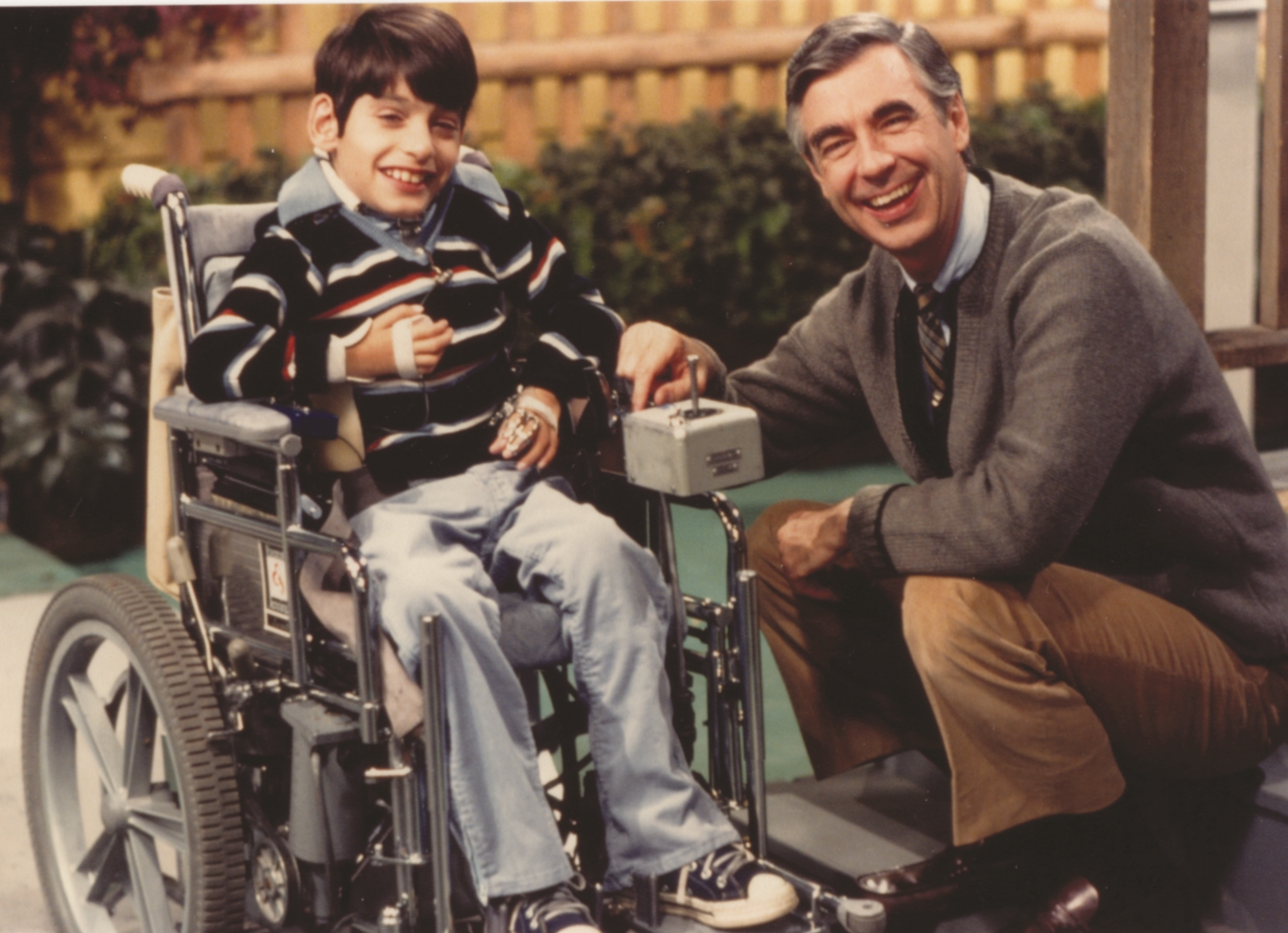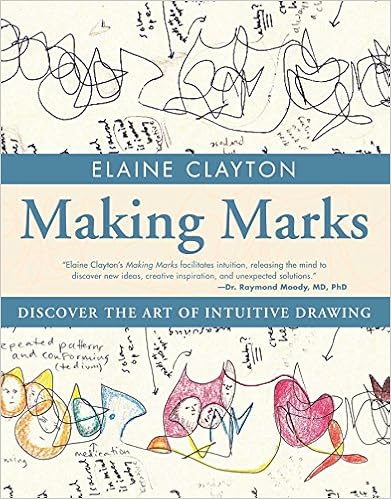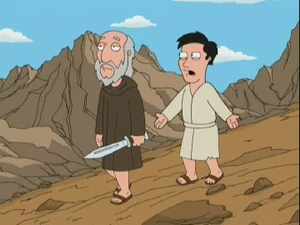I just returned from a week serving on
the faculty of Crane Lake Camp in West Stockbridge, MA. It is the third
URJ camp I have been proud to serve, in addition to Eisner Camp and Olin Ruby Union Institute. I was asked
to write a post for the camp blog, which is largely directed at parents of campers
as well as the lay and professional leaders in the Northeast.
Every day at Crane Lake Camp is filled
with fun and engaging activity. Sports, arts, drama and just hanging out with
friends – like most summer camps – are a part of every camper’s experience. At
CLC, there is a Jewish context that takes those same experiences a little
further.
Our all-camp middah (Jewish
Value) of the week is Ga’avah – Pride. For much of the week,
we have focused on learning to be proud of our Jewish identities, of our
community and our actions in support of one another.
During Limud[i] the
other day, a group of Bonim campers were at the low ropes course to explore
the middah of courage or ometz lev. When they
were not exploring it by attempting elements of the course they were talking
about different aspects of courage with staff and faculty.
During one discussion, the topic was
“Fear of Failure.” It was apparent that many of these young campers had wrestled
with that one. They shared what it meant to them, steps they might take to
overcome it and even some examples of when they had faced that fear.
One thing that stood out was that there
have definitely been times in their very young lives that they have felt
unworthy of even trying to succeed.They shared their self-doubt. And then
they moved to dispel those fears in their friends. I have to say that they were
all very supportive and encouraged one another to move beyond that fear.
The next morning, I shared a story
during the “Words of Wisdom” portion of morning t’filah. Many of us
know the midrash[ii] that suggests we should each keep
two pieces of paper in our pockets. One should say “The world was created for
my sake” and other “I am but dust and ashes.”
We often share this midrash in
order to talk about humility, since we are supposed to read the second message
when we feel arrogant or overly prideful.
Inspired by those Bonim campers’ words
to one another I suggested that we all need to focus a little more on the other
message, that the world was created for our sake. If you believe – as I do –
that each of us was ultimately created by God – then we are created in God’s
image. And God doesn’t make junk.
When we doubt ourselves, questioning
our worthiness, we have to remember that each of us matters. Camp would be
diminished and far less amazing if even one of us were not here.
Listening to our campers reach out and
support one another, they taught each other – and me – that being proud also
means that “YOU MATTER.”
[i]
Limud
means learning. At CLC, we spend some time specifically focused on learning
about Jewish values – middot – through a variety of experiential means.
It is still fun, but the idea that we are learning something in the process is
clearly stated.
[ii]
Originally credited to Rabbi Simcha
Bunim of Pryszska.













